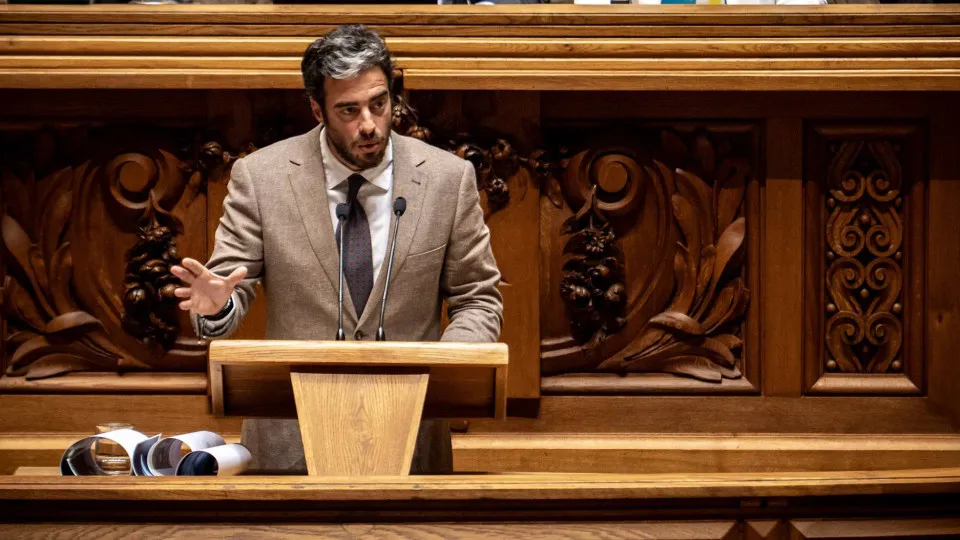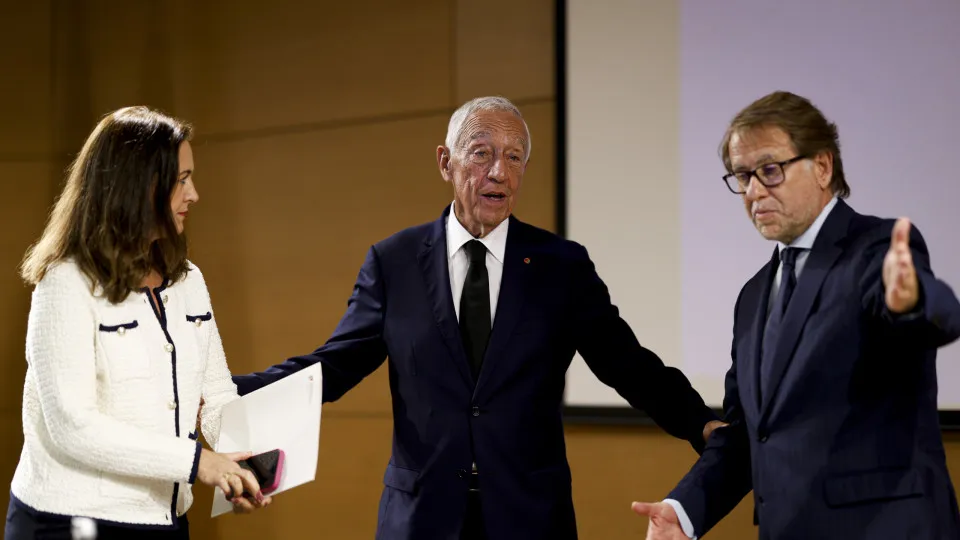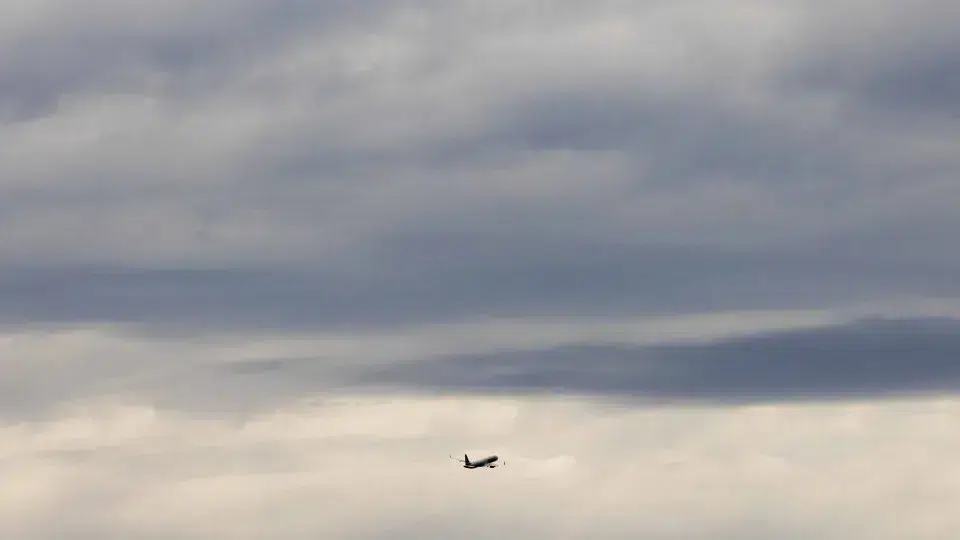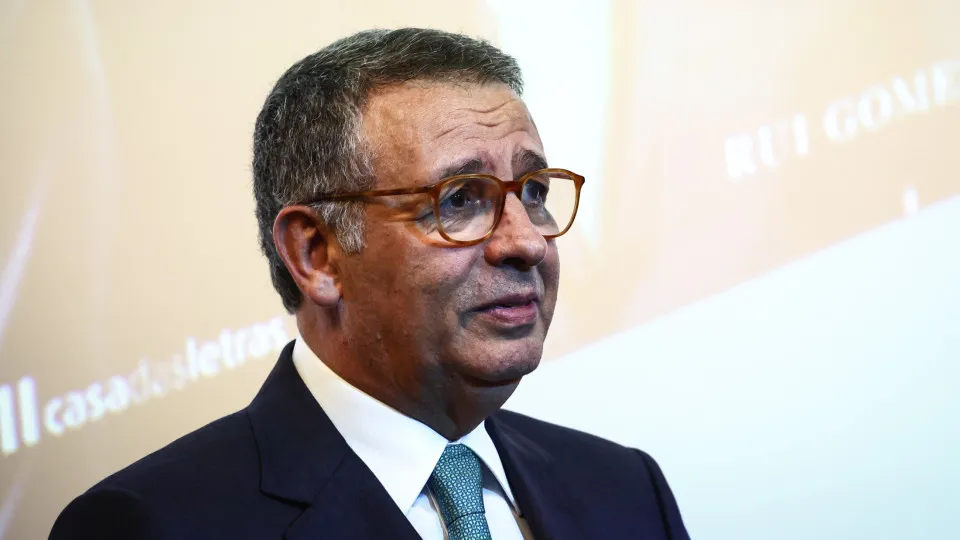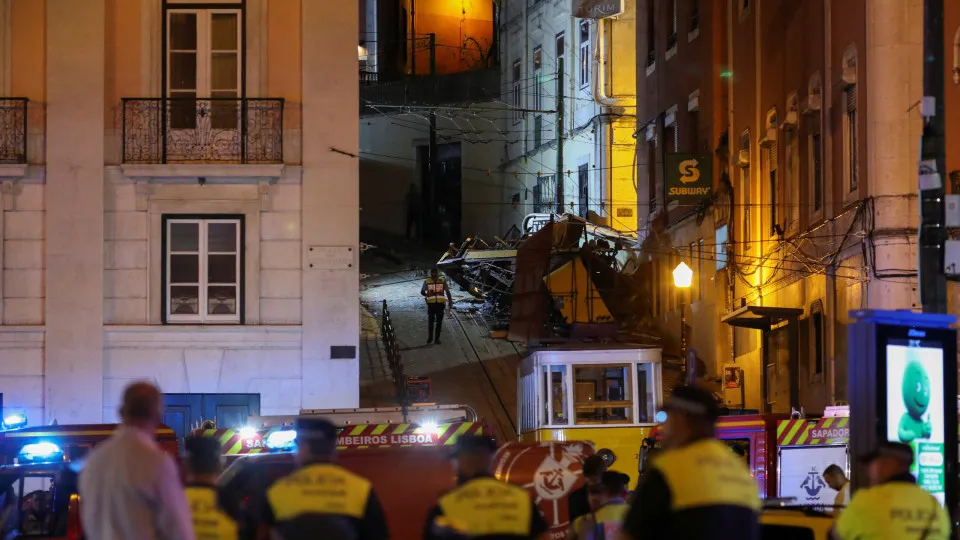
The People-Animals-Nature (PAN) party argues that the elevator accident at Glória, which resulted in 16 deaths, highlights the need for measures to “ensure and enhance the safety of all funiculars and other similar collective transport systems,” as well as all rail-based electric vehicles “that operate on public roads.” This type of transport exists not only in Lisbon but also in Braga, Nazaré, Porto, Viana do Castelo, and Viseu.
For the party led by sole deputy Inês Sousa Real, the preliminary report from the Office for the Prevention and Investigation of Aircraft and Railroad Accidents (GPIAAF) showed that elevators like the ones at Glória and Lavra “are under the exclusive responsibility of Carris as the operating entity and without supervision from any independent public or private entity.”
The report also notes that “electric cars, whether historic, modernized, or modern, operating on public roads in Portugal are not subject to any independent oversight due to the absence of a legal framework for the technical regulation and safety of trams that run on non-reserved tracks.”
“For PAN, these legal gaps are significantly serious and should be urgently addressed by the Government,” the party advocates.
In the resolution submitted today to the Assembleia da República, PAN recommends that the Government, in coordination with the Mobility and Transportation Institute, urgently “define a new legal framework to ensure that all funiculars and similar or comparable public transport systems, such as the Glória and Lavra elevators, are properly regulated technically and supervised.”
The PAN also recommends “approving a legislative framework ensuring that rail-based electric cars, whether historic, modernized, or modern, operating on public roads, comply with appropriate safety rules and conditions and are subject to appropriate independent supervision, in line with the best practices of European Union countries.”
In the non-binding resolution proposal, the party also suggests that the Government consult “all operators of funiculars and other similar public transport systems” to improve existing technical and safety standards, “as well as evaluate measures to ensure independent supervision.”
“With the implementation of these proposals, which are the Government’s responsibility to execute, all elevators and electric cars, without exception, will be subject to independent supervision to meet technical and safety standards, something that does not exist today,” the text states.
The elevator accident at Glória, which occurred on September 3, resulted in 16 fatalities and about twenty injuries, involving both Portuguese and foreigners of various nationalities.
In a preliminary report on the causes of the accident accessed by Lusa, the GPIAAF pointed out failures in Carris, maintenance, and supervision.
The preliminary report from GPIAAF reveals that the cable connecting the two cabins of the Glória elevator, which failed at its fastening point of the derailed carriage, did not adhere to Carris specifications and was not certified for carrying passengers.
This public body detected maintenance failures and omissions, highlighting also the lack of employee training and supervision of the work performed by the service providing company.

